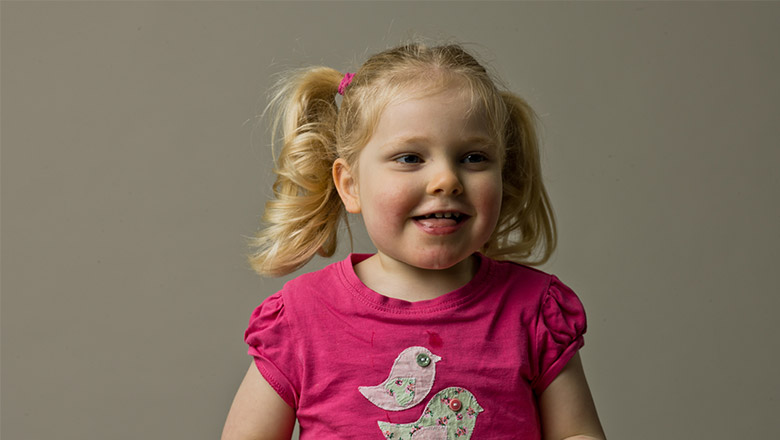Search
Research
THINK BIG - Neurodevelopmental DisordersAmy Andrew Helen Jenny Martyn Melissa Videos Finlay-Jones Whitehouse Watch and listen to Andrew Leonard Downs Symons Licari BPsych(Hons), MPsych(
Research
Autism and Attention-Deficit/Hyperactivity Disorder Content in Highly Viewed TikTok VideosSocial media allows users to connect with others’ experiences and points of view, with TikTok being the fastest-growing platform worldwide. Highly viewed videos related to neurodiversity on TikTok have an increasing role in understanding and acceptance of neurodivergent individuals.
Research
Movement difficulties in children with neurodevelopmental disorders: considering a transdiagnostic approach to classificationChildren with neurodevelopmental disorders often experience difficulties in acquiring and executing movement skills. Although the motor profiles of neurodivergent children frequently overlap, rigid conceptual distinctions between diagnostic labels have been imposed by traditional categorical approaches to taxonomy. An alternative transdiagnostic approach is proposed to better represent the similarities between presentations.
Research
The Investigation of Health-Related Topics on TikTok: A Descriptive Study ProtocolThe social media application TikTok allows users to view and upload short-form videos. Recent evidence suggests it has significant potential for both industry and health promoters to influence public health behaviours. This protocol describes a standardised, replicable process for investigations that can be tailored to various areas of research interest, allowing comparison of content and features across public health topics.

News & Events
Children with disabilities 3 times more likely to be maltreated but risk varies by disability typeA new study has found children with disabilities are 3 times more likely to be maltreated compared to other children but that risk varies by type of disability.

News & Events
Project helps Ethan belongEthan recently took part in Belong, a study led by The Kids which aims to ensure deaf and hard of hearing kids have a happy & positive school experience

News & Events
Video: One brave little girl's battle with Rett syndromeImagine your baby is developing normally, then suddenly she starts losing skills. Watch Marlee's story below and find out what researchers are doing.
Research
Energy drink intake is associated with insomnia and decreased daytime functioning in young adult femalesTo investigate the association between energy drink (ED) use and sleep-related disturbances in a population-based sample of young adults from the Raine Study.
Research
A Pilot Study Delivering Physiotherapy Support for Rett Syndrome Using a Telehealth Framework Suitable for COVID-19 LockdownRett syndrome (RTT) is a genetically caused neurodevelopmental disorder associated with severe disability. We assessed the feasibility of a telehealth program supporting gross motor skills in RTT. Five girls with RTT were assessed and a home-based exercise program developed in response to functional goals. Families then participated in monthly Skype sessions for 6 months, guided by a physiotherapist to monitor progress and adjust the program as necessary.
Research
Association between ABO, Rh blood groups, lip and dermatoglyphic patterns, and nonsyndromic oral clefts: A case-control studyThe objective of the study is to determine the association between nonsyndromic oral clefts (OC) in children and ABO, Rh blood groups, lip, and dermatoglyphic patterns of their unaffected parents.
